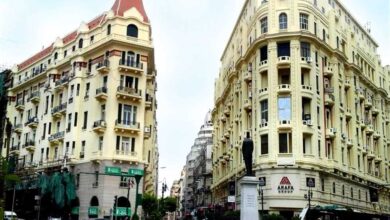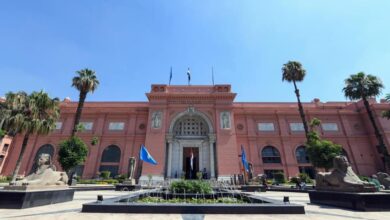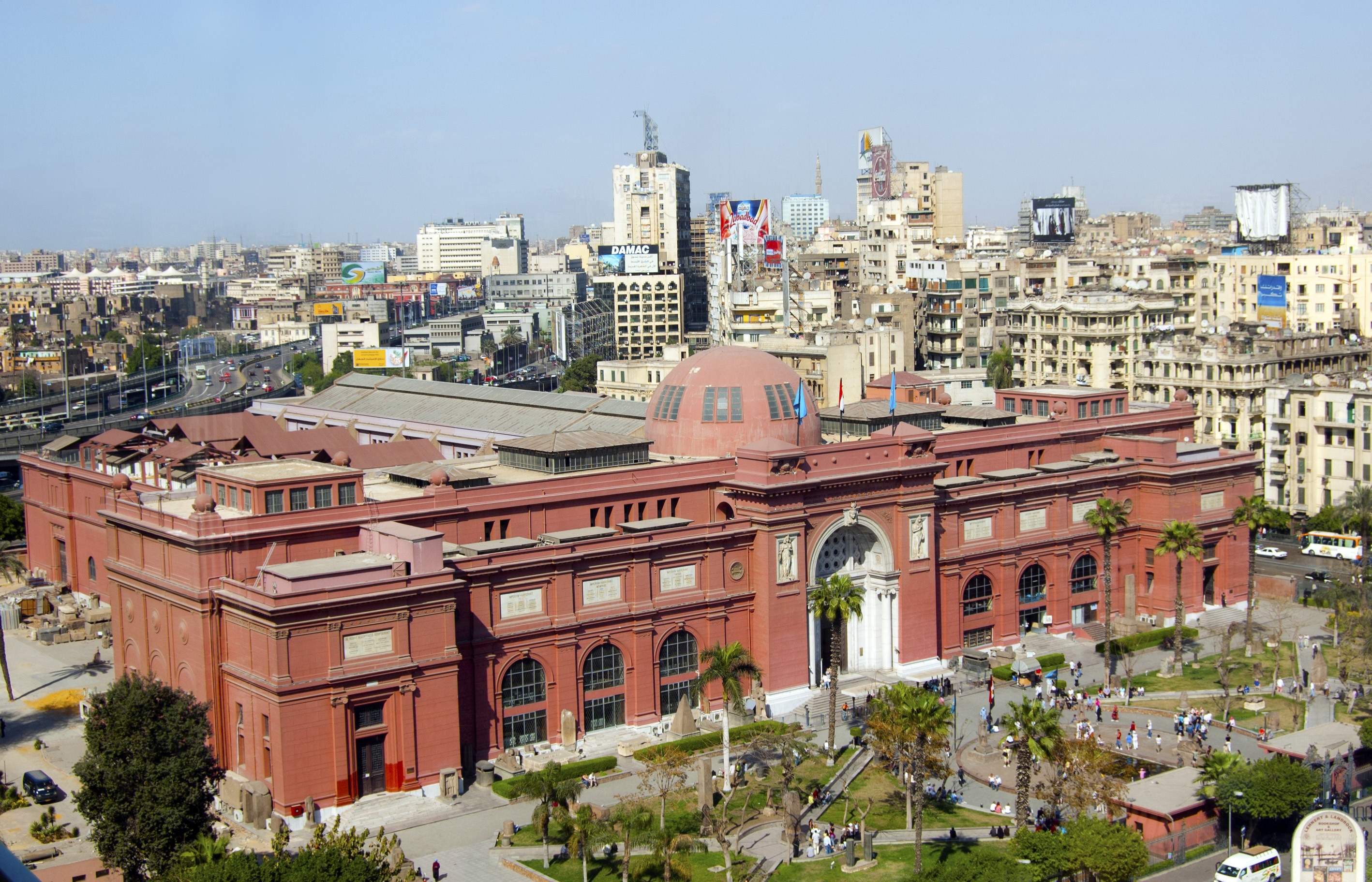Approach Tahrir Square and one of the first things you’re likely to notice is the staggering amount of Egyptian flags–enough to make any patriot proud. The same patriot, however, would probably be disheartened to learn that Mostafa Khedr, who has sold a good portion of the flags to the protesting crowds, “couldn’t care less about this revolution, or whatever it is people are calling it.” The 13-year-old has one thing on his mind, and he’s not ashamed to admit it: “I’m here to make money.”
Khedr and his two older brothers have been coming out to Tahrir Square every day for the past week, selling palm-sized flags on straws for LE2 each. It has been, by the boy’s admission, a very lucrative business. “Me and my brothers had all these flags left over from the last soccer game; we didn’t sell as much as we thought we would then.” The protests, he explained, have provided the perfect opportunity to make a profit. “Everyone here buys at least one flag. They feel like they have to.”
Despite reaping its financial rewards, Khedr is adamant in his belief that the protests have been little more than a parade of “foolishness.” He gestures out to the crowds and wreckage scattered across the square, and grunts, “All these people should just go home. They’re endangering their lives, and the neighborhood is clearly being destroyed.” Should the people follow his advice, Khedr says he won’t worry over any lost profits. “I’ll just wait for the next big soccer game,” he shrugs confidently.
Khedr and his brothers are not the area’s only entrepreneurs. The roads leading up to the square have, in the past week, become lined with makeshift concession stands and roaming vendors. Hajj Mohsen, selling dates from the back of a miniature pickup, initially agreed to an interview, but quickly changed his mind when it threatened to slow his pace with the grumbling crowd. “This is business, you understand,” he explained apologetically.
Others were more eager to share stories of their ingenuity. “I want you to see what I am doing,” beamed Salim Abdel Nasser, pointing to the cartons of crackers and juice boxes between his feet. “I did not resort to begging, and I did not starve, like the government wanted me to.” Instead, the 30-year-old carpenter used the last of his cash to buy items from a grocer outside the square, selling them back to protesters at a meager profit. “I add fifty piasters to everything I sell. I am not here to make a profit, I am just trying to survive.”
“I would never take advantage of this situation to make money,” he frowns, taking obvious offense at the mere notion. “Anyone who does so is not a true Egyptian, and should be thrown out of the square, and onto the same airplane as Hosni.”
Besides flags, crackers, and juice, visitors to the square can also purchase cigarettes, sandwiches (cheese, cold cuts, egg, jam, and tuna fish), tea, water, soft drinks, sweets, and phone cards–somewhat ironic, given that the first day of protests was marked by a total blockage of cellphone services in the area.
Not all of Tahrir Square’s vendors are newcomers to the area. Ahmed Hassan al-Shinawy has been selling his sweet breads and baked goods at the gates of the Cairo Museum for the past six years. Watching protesters settle in the square and army trucks line up to cordon the area, al-Shinawy relocated his establishment–a card table, large tray and two cardboard boxes–down the street, to the heart of the action. He was surprised to find that several other vendors–mostly outsiders–had already set up shop amid the wreckage and makeshift campsites.
“At first it annoyed me, seeing all these people move in, and doing business in my territory,” the 24-year-old admits. “But then I realized they were just trying to make a living, and that’s what this is all about, right? Being able to live.”
Despite the hardships, al-Shinawy insists that the past few weeks have been a positive experience for him, if not the entire nation. He is not blind to the protest’s crippling repercussions, particularly those related to the nation’s economy–“I am not making as much money as I used to,” he explains. “But that doesn’t mean I can raise my prices, like some people have been doing.”
“We must be strong and resist any temptation to take advantage of, or hurt, each other,” al-Shinawy says, adding that the only distress he felt during the past two weeks came when he saw “Egyptians killing each other” during last week’s violent clash between protesters and gangs of armed pro-Mubarak supporters.
“This is a difficult time, but it will pass, and it will lead to something better, for all of us,” he says, with an unwavering conviction. “In the meantime, there’s nothing wrong with trying to make a living.”
Life & StyleSociety




